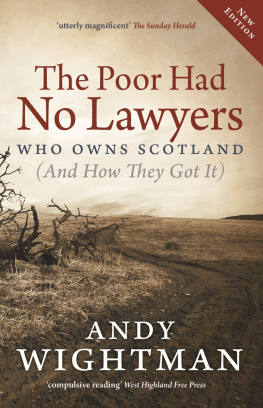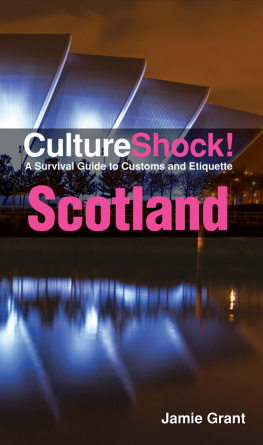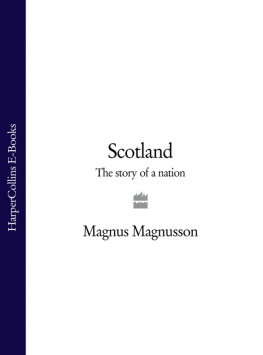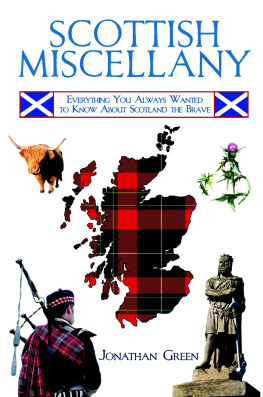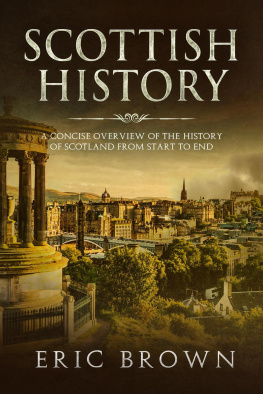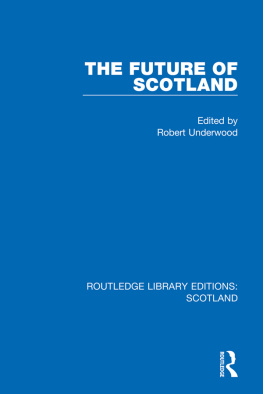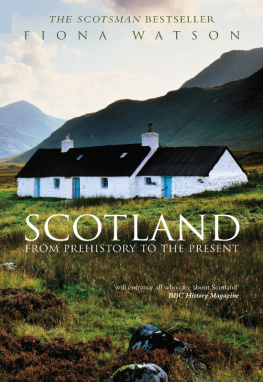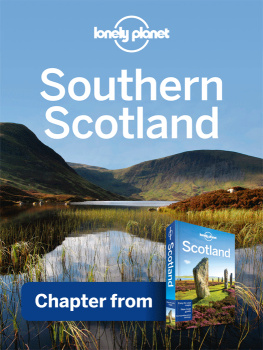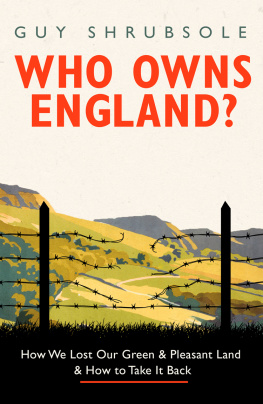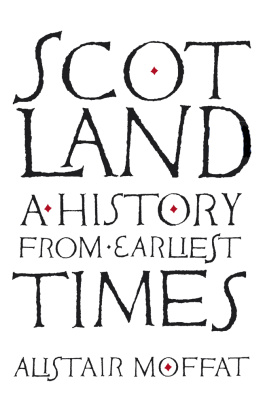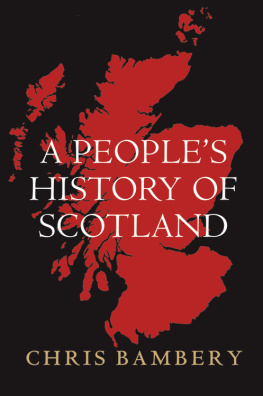The Poor Had No Lawyers
Andy Wightman is an independent researcher and writer and one of Scotlands leading authorities on landownership, land rights and land reform. Born in Dundee, he was educated at the University of Aberdeen and has worked as a stalkers ghillie, environmental scientist, and an environmental campaigner before becoming self-employed in 1993. Previous books include Who Owns Scotland (1996) and Scotland: Land and Power (1999). His research interests include land relations, governance, power, local democraacy and money. He runs the www.whoownsscotland.org.uk website and a popular blog at www.andywightman.com. He lives in Edinburgh.

To Isla
This eBook edition published in 2013 by
Birlinn Limited
West Newington House
Newington Road
Edinburgh
EH9 1QS
www.birlinn.co.uk
Copyright Andy Wightman 2010, 2013
The moral right of Andy Wightman to be identified as the author of this work has been asserted by him in accordance with the Copyright, Designs and Patents Act 1988
All rights reserved. No part of this publication may be reproduced, stored or transmitted in any form without the express written permission of the publisher.
eBook ISBN: 978-0-85790-076-0
ISBN: 978-1-78027-114-9
British Library Cataloguing-in-Publication Data
A catalogue record for this book is available from the British Library
Figures, Tables and Plates
Figures
Tables
Plates
Acknowledgements
I am indebted to the many people who, over the past thirty years, have nurtured and sustained my interest in matters to do with land and its ownership. Perhaps, perversely, I should start by thanking some of the academic staff at the University of Aberdeens Forestry Department who, by denying that such a topic was of any relevance to the study of forestry, first got me curious about it in the early 1980s. At that time, I was fortunate also to meet and get to know some big thinkers whose application to the process of scientific enquiry was inspirational and I include among them Dr Adam Watson, Drennan Watson and the late Professor Sandy Mather, who sadly died in November 2006. Two other people I first met then have remained good friends and critical colleagues along the way, namely Graham Boyd and Robin Callander, and I thank them for their ongoing support and encouragement.
This book draws on the work of many people whom I hope I have acknowledged in the appropriate manner. In particular, I would like to thank Brian Wilson, Alan Blackshaw, Robin Callander, John MacAskill, Alastair McIntosh, Fiona Mackenzie, Allan Wilson and Jim Hunter for their assistance at various stages.
I am grateful to the staff of the Registers of Scotland and the National Archives of Scotland who have provided a wonderful service over the years. Chris Fleet, map curator at the National Library of Scotland, has also been most helpful. Anne Laird at the Registers of Scotland kindly provided the map in Figure 4. Many academics helped me by providing copies of papers I would otherwise have had to pay substantial amounts of money for (see below). Particular thanks to Anne Bivert at the Revue de lInstitut de Sociologie in Bruxelles who kindly sent me a copy of Ian Adams paper of 1973 a hidden gem which I had been looking for for many years.
I am indebted to Fraser MacDonald, Walla Mollison, Dr Alexander Grant, Sheila Leckie, Shona Harper and John Paul Photography for their help in providing illustrations.
The ongoing project to document landownership in Scotland (www.whoownsscotland.org.uk) has been made possible by the generous donations of many people since 2003 and by the subscribers since October 2009. I thank all of them. Noel Darlow has done a magnificent job at looking after the technical side of the website and has worked tirelessly to make the whole project feasible. Many thanks, Noel.
Thank you, Jean Urquhart and Gerry Hassan, for inviting me to Changin Scotland in Ullapool in November 2009 to give a talk on the land question which was the inspiration for setting all these thoughts down on paper. I am indebted to Hugh Andrew from Birlinn who was at the same event and who agreed to publish this book. All the staff were unfailingly helpful for which Im most grateful. I am particularly grateful to my editor, Patricia Marshall, and to Andrew Simmons who both worked tirelessly during the production process. A special mention should be made of James Hutcheson who not only designed this book but designed my 1996 edition of Who Owns Scotland and John McEwens original Who Owns Scotland way back in 1977!
Uncharacteristically, perhaps, I would like to put on record one source of information that has been singularly unhelpful to me and that is the academic community. I dont mean individuals, many of whom have been most supportive and have assisted me in subverting some, but not all, of the difficulties I have encountered. I mean the world of academic publishing. Over the course of writing this book, I wanted to get hold of over one hundred academic publications. These are all available on various websites but typically cost 20 each. If, on the other hand, you are employed by an academic institution, they are free. I dont understand why the fruits of academic research, much of which is paid for by government funds, should not be available for free to the public. Indeed, that is surely the point of academic research. How is the public to understand more about climate change, for example, if they have to pay 20 to read an original academic paper? Of course I could have taken out membership of a university library but I would have had to join about six different universities across Scotland to obtain what I needed.
One particular case stands out and that is the UK Data Archive run by the University of Essex. This is a repository for a wide range of social and economic data. On their website, they urge academics to share their data, explaining that:
Publicly funded research data are produced in the public interest and their value lies in their use and re-use. When data are managed well they can be shared and re-used for scientific and educational purposes. Researchers, funding agencies and the public benefit from data sharing.
When I tried to register, however, I was told that since I was not employed by an academic institution, I would have to pay 450 to register and 50 for each data set I required. Not surprisingly, I declined the offer.
This book could have contained a good deal more research if data collected with public funds were made available to the citizens who pay for them with their taxes.
Finally I would like to thank Cathy and Isla who have put up with me over a rather intensive period of writing.
Foreword to the 2013 Edition
On 5 May 2011, the Scottish National Party won an unprecedented victory in the Scottish Parliamentary election. A five-year term of office and an overall majority provides the Scottish Government with considerable freedom to undertake radical reform of Scotlands land and property regime. Since the first publication of this book in 2010, very little of substance has been done to address the topics discussed in the pages that follow.
In July 2012, the Government set up a Land Reform Review Group which has been asked to produce a Final Report in April 2014. Whether it produces anything of substance and whether (more importantly) there is the political will to introduce radical land reform remains to be seen. With a referendum on independence in 2014, political energies are focused elsewhere for the foreseeable future. Whether the situation will be any different after 2014 is, as yet, unclear.
Next page
